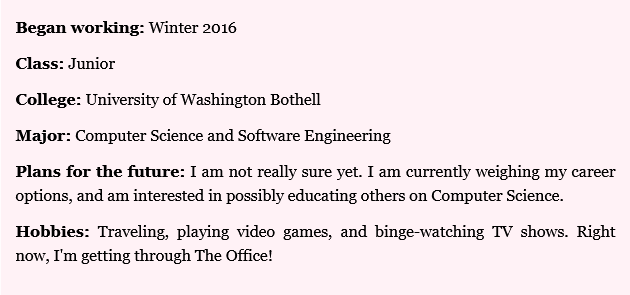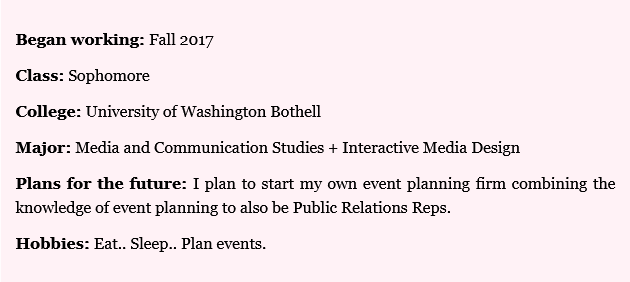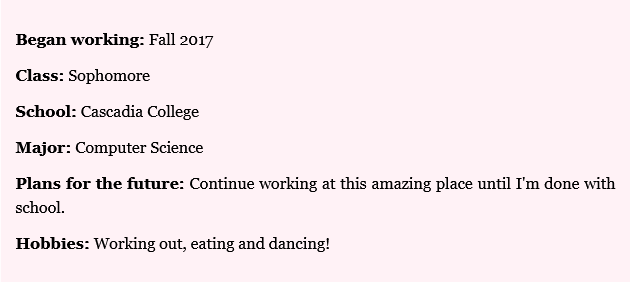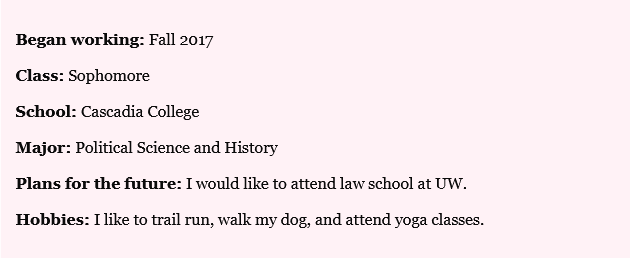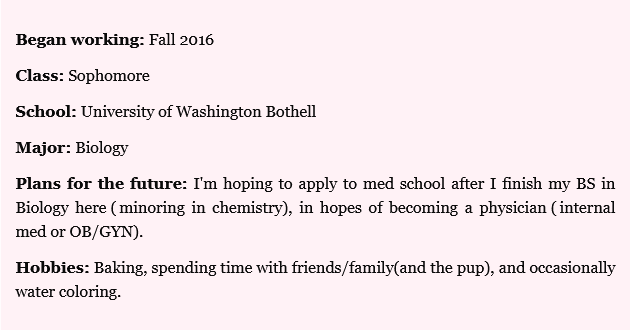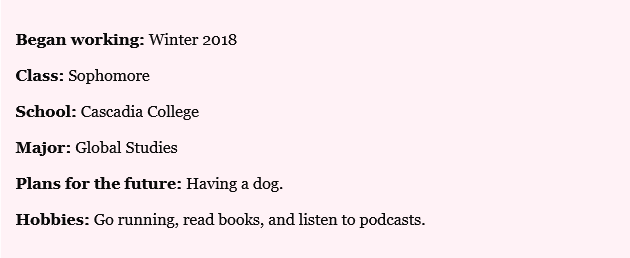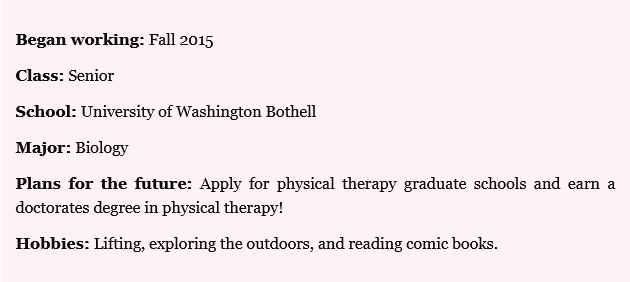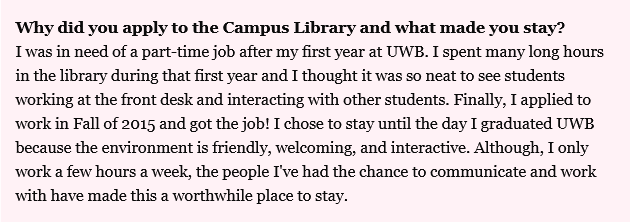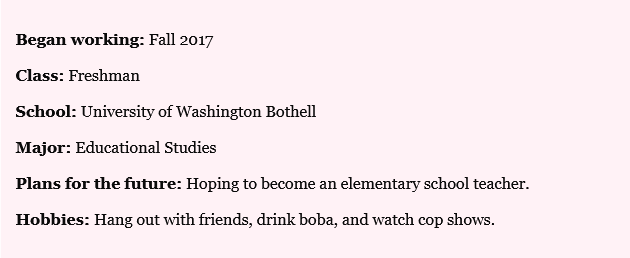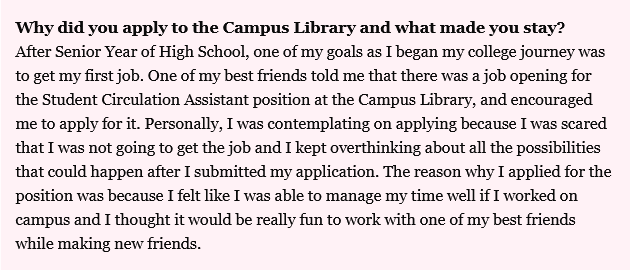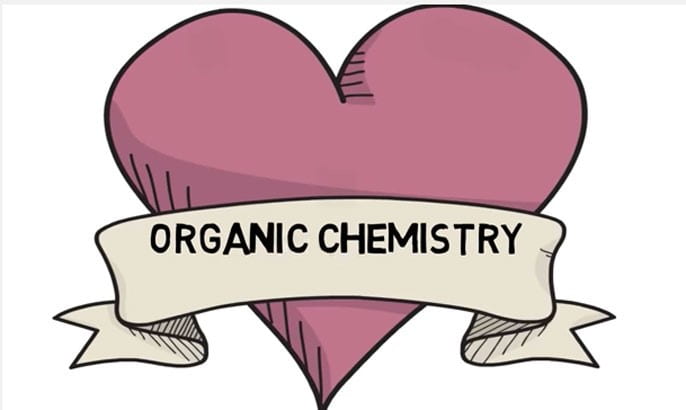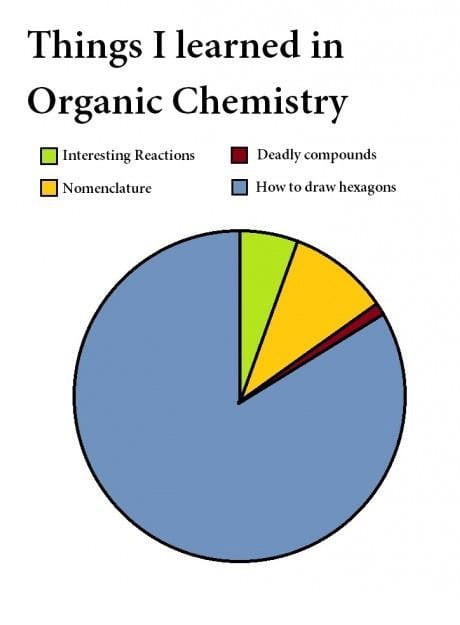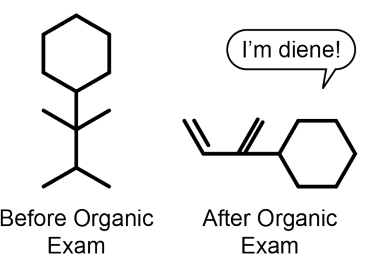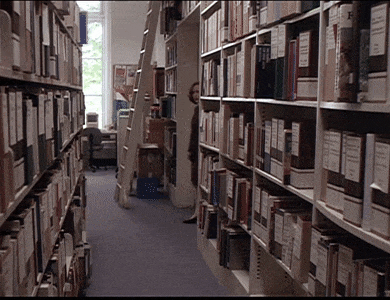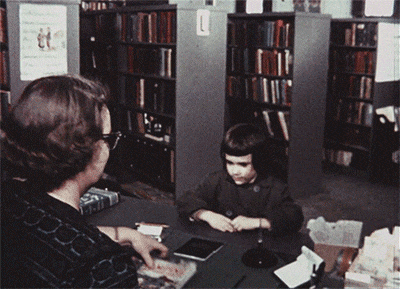School can be difficult, and sometimes exactly what can help all the bottled stress is trying something completely different. So next time you feel as if you need a break from studying, try some of these easy DIY projects! You don’t have to be an expert on paper craft to appreciate the ancient art of folding paper that is origami. All of the projects listed below are rated on a scale from one to five, with five being the most difficult and one being the simplest. For the purpose of this activity, i.e de-stressing, all projects are rated three and below. Here is a list of some easy projects to get started with!
Supplies:
Square pieces of paper approximately six inches by six inches. You can use origami paper but any other thin sheet will work as well, such as printer paper. If you do not have a square piece of paper follow instructions here to make some. One of the reasons that makes origami so great is that it requires very few materials, and thus is accessible to a wide audience.
Fun and simple origami projects:
The Classic Crane:
- Video Instructions: Crane Video Instructions
- Written Instructions: Crane Written Instructions
- Difficulty Rating: 3 on a scale of 5
- Additional Notes: An ancient Japanese legend holds that if you fold 1,000 paper cranes in one year you will be either granted a wish, or receive good luck. While 1,000 is likely unattainable for the busy college student, try out this project if you have 5 minutes to spare. Additionally, paper cranes can make beautiful decorations using patterned paper or strung together!
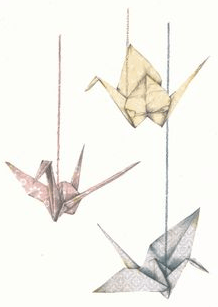
Image found here
Jumping Frog:
- Video Instructions: Frog Video Instructions
- Written Instructions: Frog Written Instructions
- Difficulty Rating: 3 on a scale of 5
- Additional Notes: If you’re looking for a fast, and entertaining project to take up some time, look no further than the jumping frog! This project will only take you less then 5 minutes, yet this creation is something that you can play with for a long time after-just don’t become too distracted!
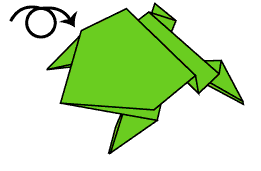
Image found here
Lotus Blossom:
- Video Instructions: Lotus Video Instructions
- Written Instructions: Lotus Written Instructions
- Difficulty Rating: 2 on a scale of 5
- Additional Notes: The lotus project not only creates something beautiful but also something functional as well. This project makes a wonderful addition to any study space and serves as a great place to hold items, as well as for decoration. Additionally there are many more origami creations that build off of the lotus design, making this a useful project to know overall if you are interested in pursuing more origami .

Image found here
Butterfly:
- Video Instructions: Butterfly Video Instructions
- Written Instructions: Butterfly Written Instructions
- Difficulty Rating: 2 on a scale of 5
- Additional Notes: The origami butterfly is a project like the crane that can be turned into a beautiful decoration as well as a fun occupation of time. They stick well to walls with any form of adhesive and can be used to liven up any space. Try this project with a variety of different papers to explore different crafting styles.

Image found here
Wallet or Envelope:
- Video Instructions: Wallet Video Instructions
- Written Instructions: Wallet Written Instructions
- Difficultly Rating: 1 out of 5
- Additional Notes: The origami wallet/envelope is the simplest project featured on this list, but it is one of the most versatile. In addition to being a great de-stressing project, the product of this activity will yield a useful item that can be easily used to hold anything from flashcards to extra pens.

Image found here
Overall Tips:
It is easy to become overwhelmed whenever you decide to pick up a new craft, especially where specific terms are concerned. Origami is no different and when reading over instructions getting lost in the terminology is one quick way to becoming confused. Below I have listed several resources that you can turn to for any clarification about names or types of folds.
- Rather then explaining what corners to fold where at the start, origami instructions often use the term “valley or mountain” to refer to which way the paper should be creased/standing. Look here to find out the basics of this differentiation.
- All origami projects that feature the creation of a 3D object, such as a box or basket, rely on a step called a squash fold. In basic terms the “squash” refereed to in the name is simply the neat art of learning how to delicately smash your paper. Look here for much more information and projects containing the squash fold.
- Finally here is a breakdown of all different terms/folds you may find in any instructions and how to properly execute them.
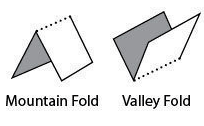
Image found here
Searchable websites featuring hundreds of other origami projects:
If you want something a bit more difficult, or just feel like something different then the projects featured above, I recommend taking a look through any of these sites.
Happy Folding!
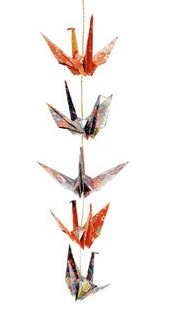
- Image found here
